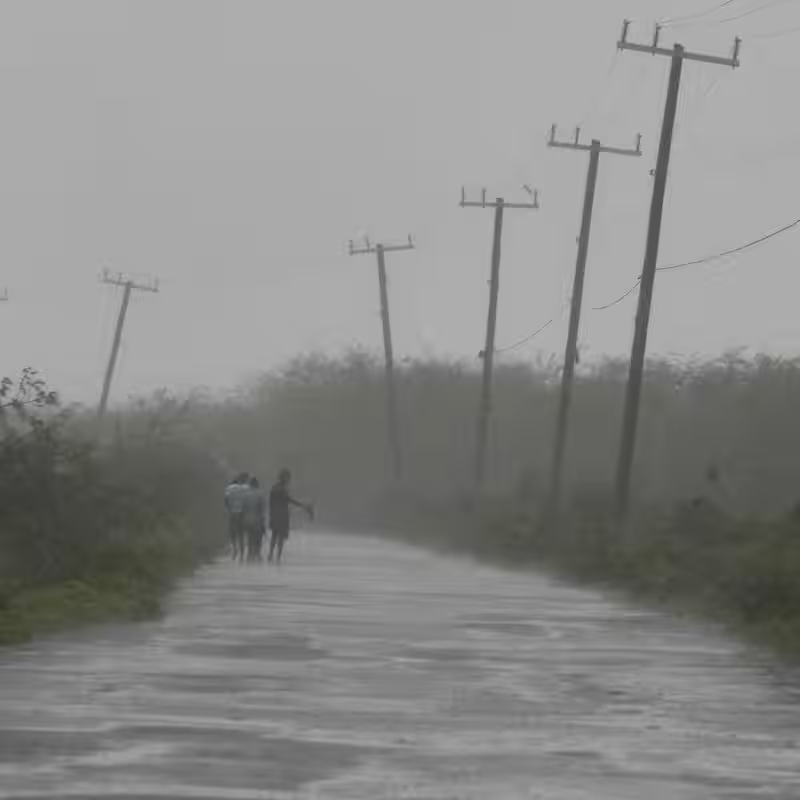Table of Contents
- Melissa Lands in Cuba
- Unprecedented Impact on Jamaica
- Emergency Response and Evacuations
- Climate Change Connection
- Sources
Hurricane Melissa Lands in Cuba
Hurricane Melissa, one of the most powerful Atlantic storms on record, has made landfall in Cuba, bringing with it catastrophic winds and torrential rainfall. The storm, which had already left a trail of devastation across Jamaica, is now threatening to unleash severe flooding and structural damage across the Cuban mainland.
Unprecedented Impact on Jamaica
Before reaching Cuba, Hurricane Melissa slammed into Jamaica with terrifying force. Initial reports describe it as one of the strongest Atlantic hurricanes ever to make landfall on the island nation. The storm’s core brought sustained winds exceeding 180 mph, flattening homes, downing power lines, and triggering massive landslides in mountainous regions .
Entire communities have been cut off, with communication networks severely disrupted. The Jamaican government has declared a state of emergency, and international aid organizations are mobilizing to provide food, clean water, and medical supplies.
Key Damage Metrics in Jamaica
| Category | Impact |
|---|---|
| Reported Fatalities | At least 12 (as of Oct 30) |
| Homes Destroyed | Over 2,000 |
| Power Outages | Nationwide, affecting 1.5M+ residents |
| Major Infrastructure | Airports & ports closed indefinitely |
Emergency Response and Evacuations
In Cuba, authorities have been racing against time to evacuate vulnerable coastal areas. Over 200,000 residents have been moved to government shelters in the provinces of Pinar del Río and Artemisa. Cuban state media reports that emergency services are on high alert, with medical teams and the military deployed to anticipated impact zones.
“The priority is the life of our people,” stated a Cuban government spokesperson during a national broadcast. “We are using all available resources to ensure their safety.”
Climate Change Connection
The ferocity of Hurricane Melissa has reignited the global conversation about climate change. Scientists have long warned that warming ocean temperatures are fueling more intense and unpredictable hurricane seasons. This storm’s rapid intensification from a tropical storm to a Category 5 hurricane in under 48 hours is a textbook example of this dangerous trend [INTERNAL_LINK:climate-change].
Experts from the National Oceanic and Atmospheric Administration (NOAA) note that the Atlantic basin has seen a significant increase in major hurricanes over the past two decades, a pattern consistent with climate models.




